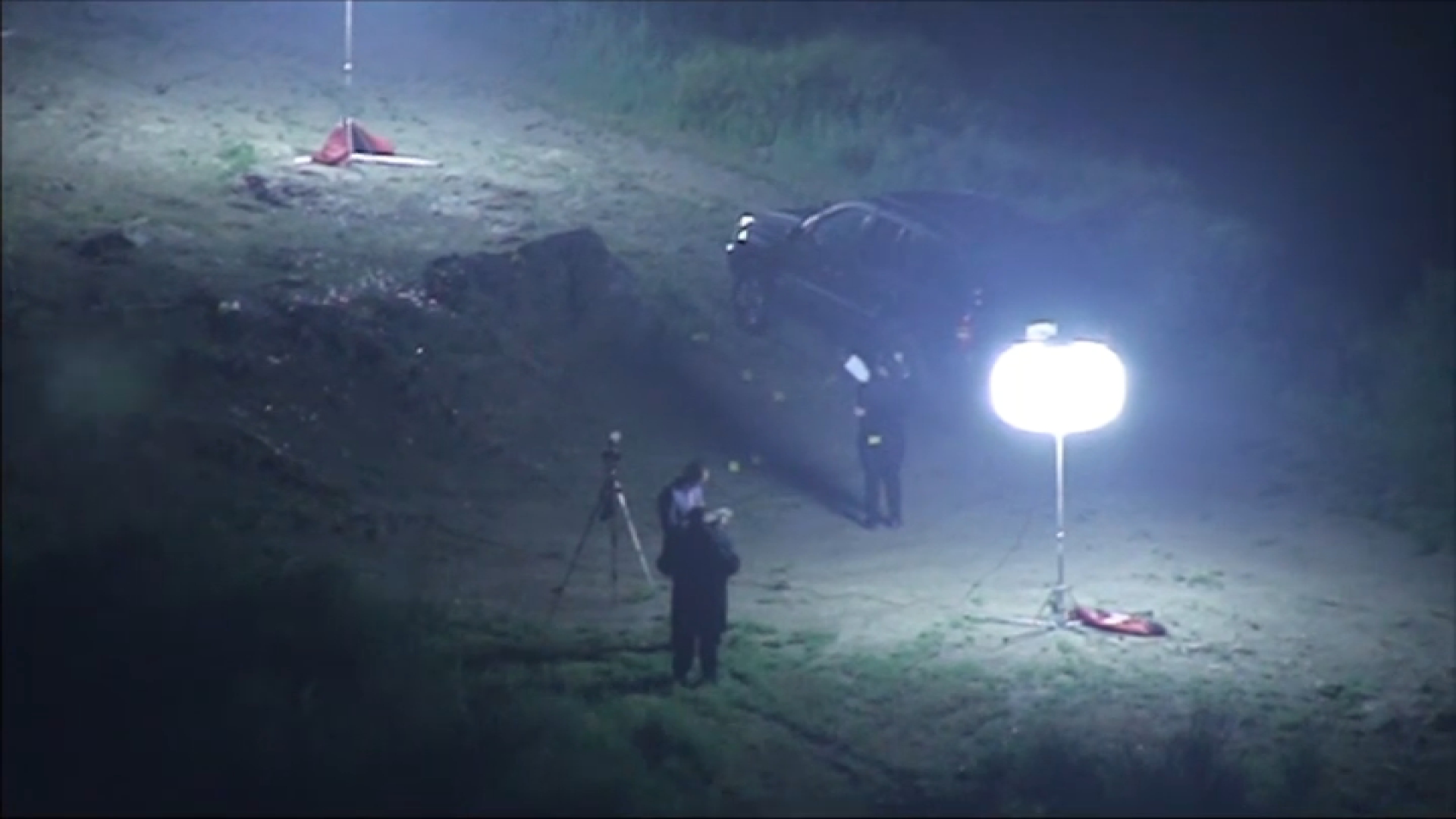An Inland Empire woman became very sick and a Bay Area man died after they contracted a rare rodent-borne disease at a popular campground in Yosemite National Park.
The woman, identified only as an Inland Empire resident in her 40s by the California Department of Public Health, contracted the flu-like hantavirus pulmonary syndrome in June and became ill in July. She was expected to survive.
The 37-year-old man who died, in late July, was from the San Francisco Bay Area, a department spokesman said.
The two unrelated individuals had camped near each other in tent cabins in Curry Village within Yosemite Valley in June.
Their illnesses prompted the state public health department to issue a warning to Californians Thursday to try to avoid coming into contact with the virus.
"Hantavirus is a rare but serious disease spread by rodents," said Dr. Ron Chapman, director of the California Department of Public Health (CDPH) and state public health officer. "This disease can frequently become fatal, but there are steps you can take to reduce your exposure."
Testing by the Centers for Disease Control and the CDPH showed the virus was present in fecal matter from deer mice trapped near Curry Village.
Local
Get Los Angeles's latest local news on crime, entertainment, weather, schools, COVID, cost of living and more. Here's your go-to source for today's LA news.
The man was the first person to die from hantavirus contracted in the park, though two others were stricken in a more remote area in 2000 and 2010, officials said.
The virus can infect people who breathe in particles transmitted by rodent droppings, urine or saliva.
Early symptoms can include fever and muscle aches, chills, headaches, nausea, vomiting, diarrhea, abdominal pain and coughing. Symptoms may show up one to six weeks after exposure.
There is no specific treatment for the virus, and about one-third of people who contract it will die.
The two who contracted the virus had camped Curry Village's tent cabins, which are built on wooden platforms that are not completely sealed from the elements or animals.
"It's a wilderness setting and the inspections have shown that the park concessionaire has done an excellent job at keeping them clean," park spokesman Scott Gediman said. "But there are rodents in the wilderness and some of them are infected and that's what happens."
Not all deer mice carry hantavirus, but deer mice with hantavirus have been found throughout the United States, the CDPH said.
Since the virus was first identified in 1993, there have been 60 cases in California and 587 cases nationally, the CDPH said. About one-third of California cases have been fatal.
The two recent cases bring the total California case count for 2012 to four, according to CDPH.
Typically, exposure to hantavirus occurs at higher elevations in the Sierra Nevada mountains; Yosemite Valley is at a comparatively low 4,000 feet.
CDPH officials issued the following advice for those going to wilderness areas where mice area present:
- Avoid areas, especially indoors, where wild rodents are likely to have been present.
- Keep food in tightly sealed containers and store away from rodents.
- Keep rodents out of buildings by removing stacked wood, rubbish piles, and discarded junk from around homes and sealing any holes where rodents could enter.
- If you can clean your sleeping or living area, open windows to air out the areas for at least two hours before entering. Take care not to stir up dust. Wear plastic gloves and spray areas contaminated with rodent droppings and urine with a 10% bleach solution or other household disinfectants and wait at least 15 minutes before cleaning the area. Place the waste in double plastic bags, each tightly sealed, and discard in the trash. Wash hands thoroughly afterward
- Do not touch or handle live rodents and wear gloves when handling dead rodents. Spray dead rodents with a disinfectant and dispose of in the same way as droppings. Wash hands thoroughly after handling dead rodents.
- If there are large numbers of rodents in a home or other buildings, contact a pest control service to remove them.
More information is available at the CDC website's page on the hantavirus.
Follow NBCLA for the latest LA news, events and entertainment: iPhone/iPad App | Facebook | Twitter | Google+ | Instagram | RSS | Text Alerts | Email Alerts



